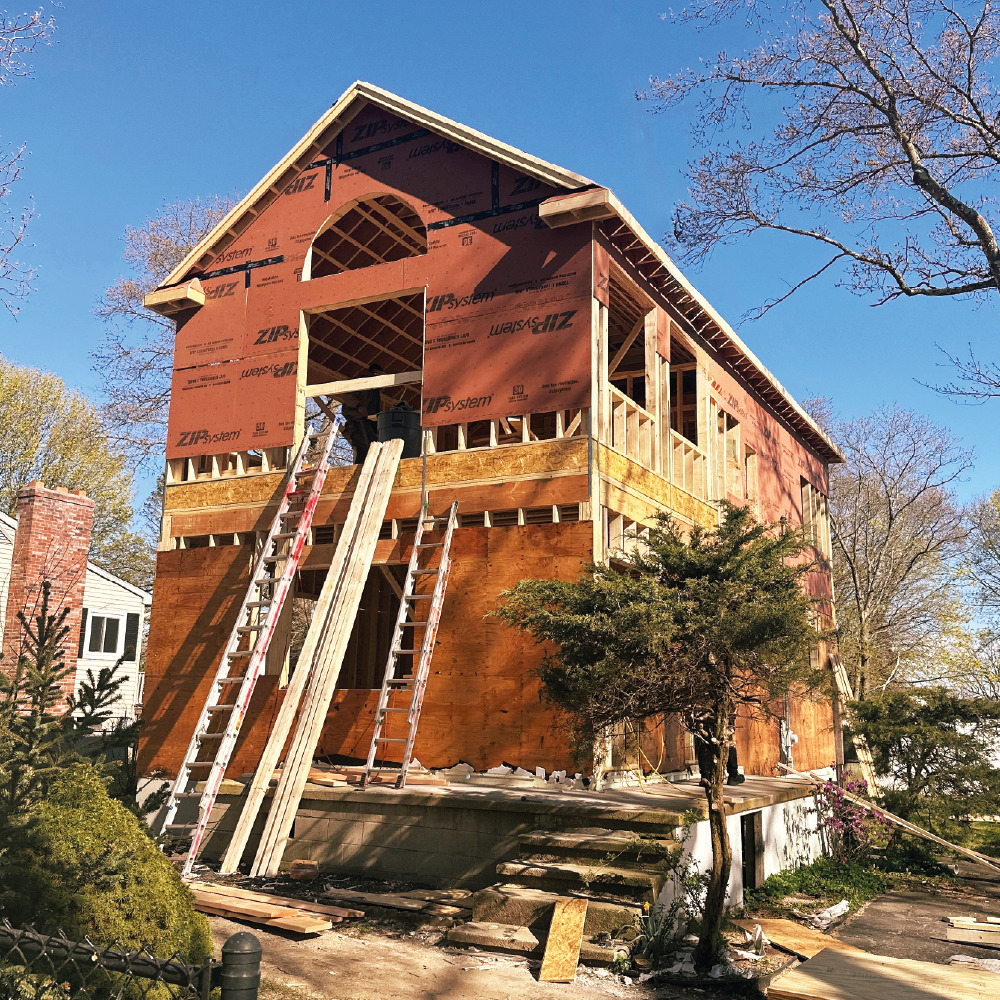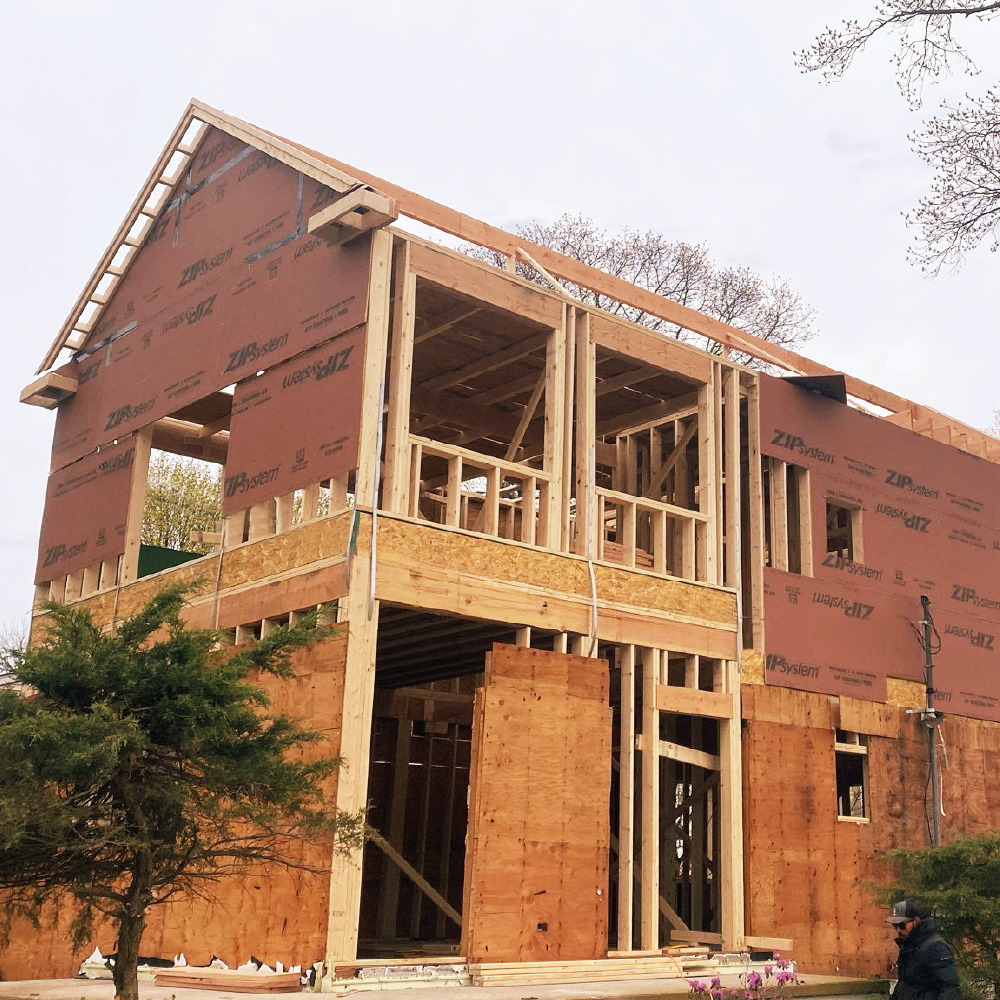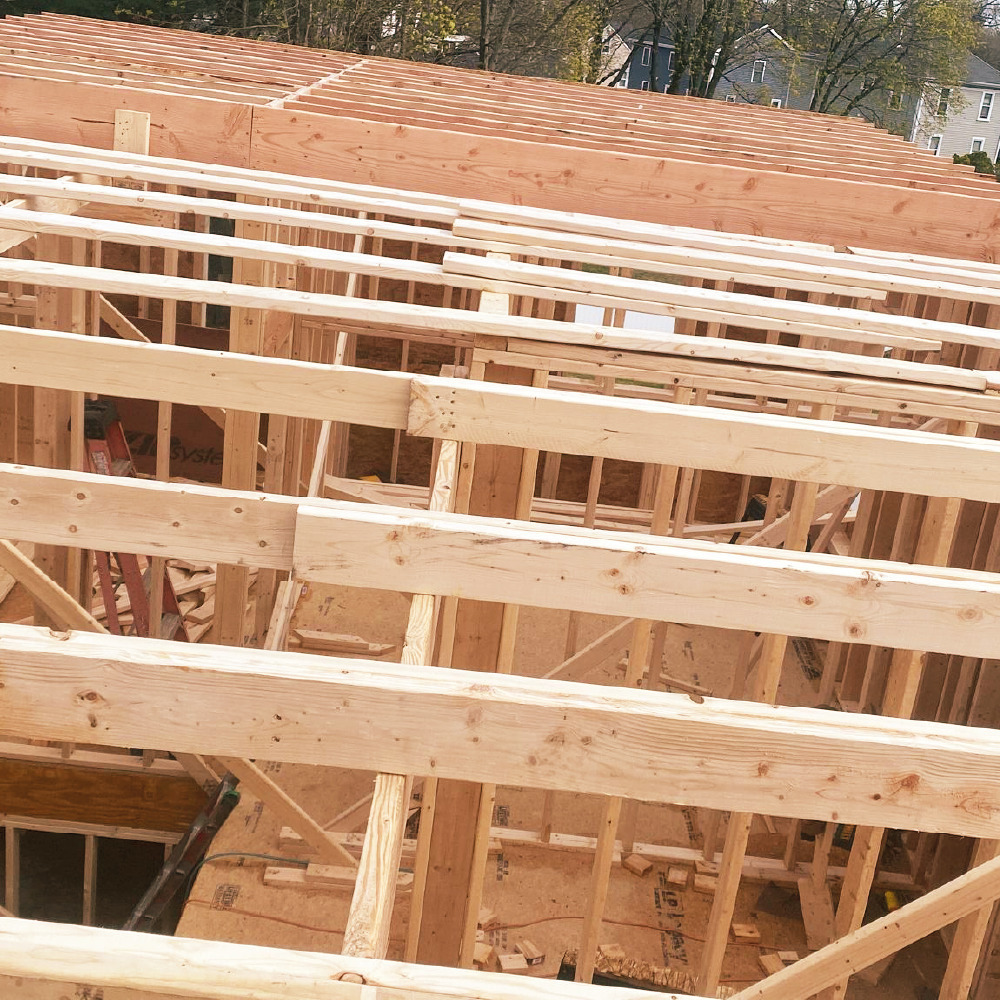If you’re planning to build a garage or add an extension to your home in Massachusetts, you’ll likely need a building permit. Most towns and cities in the state require permits for any structural changes to ensure safety and compliance with local building codes.
When is a permit required?
- Building a new garage (attached or detached)
- Adding a new room or expanding an existing one
- Constructing a deck, porch, or sunroom
- Finishing a basement (especially if adding living space, plumbing, or electrical work)
- Installing or modifying plumbing, electrical, or HVAC systems
- Replacing windows or doors with larger sizes (as this alters structural framing)
- Removing or moving load-bearing walls
- Roofing work that involves structural changes
- Building a retaining wall over a certain height (varies by town)
- Adding or expanding a driveway (some towns require zoning approval)
- Installing or replacing a fence above a certain height (depends on local regulations)
- Constructing an in-law apartment or accessory dwelling unit (ADU)
- Converting a garage into a living space
- Installing a swimming pool (above-ground or in-ground)
- Adding a new fireplace or wood stove

Before starting any project, always check with your local building department to confirm if a permit is required. Rules can vary by town, and failing to get proper permits can result in fines, stop-work orders, or complications when selling your home.
How to get a permit?
You’ll need to apply through your local building department, submit detailed plans, and wait for approval before starting construction. Some towns may also require zoning approval or inspections during the process.
Skipping the permit process can lead to fines, delays, or even having to tear down unapproved work. Always check with your local building department before starting your project to avoid costly mistakes.




























